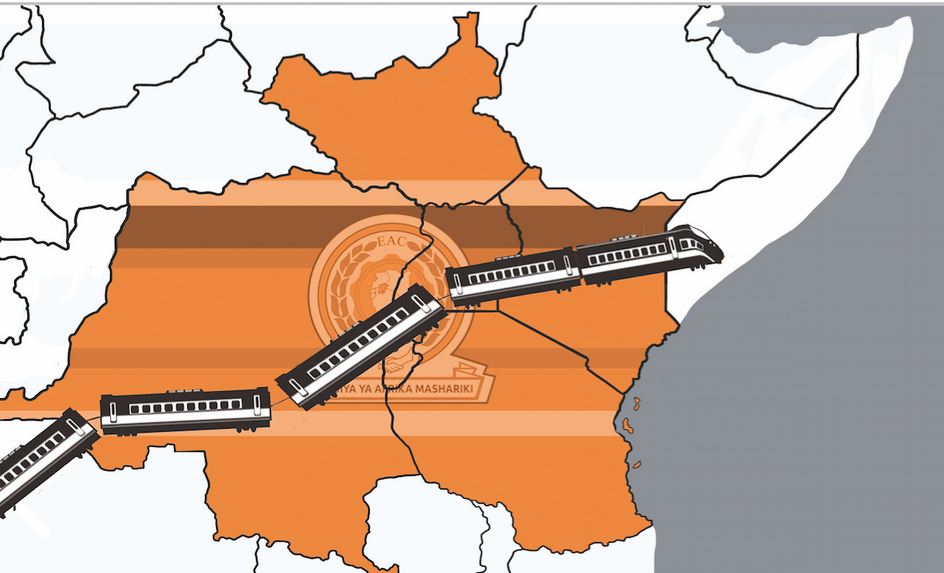
In last week’s column titled 'EA regimes mirror each other in political repression', I delved deeper into the ordeal faced by opposition leaders in the region, one that mirrors a playbook due to the similarities in oppression tactics applied by different leaderships across the East African Community.
In this column, I will expand on this by examining how the treatment of activists undermines the very foundations of EAC.
The East African Community began as a collaboration among Kenya, Uganda and Tanzania (formerly Tanganyika) in the early 20th century and was officially established in July 2000.
The EAC has evolved into a vibrant bloc of eight nations, incorporating Rwanda and Burundi in 2007, South Sudan in 2016, the Democratic Republic of Congo in 2022 and Somalia in 2024.
The wealth of benefits brought by East African integration is undeniable. These include improved trade and investment among member states, infrastructure development, political engagement and rich cultural exchange.
This also includes the vision of establishing a federal sovereign state, which was to be officiated in 2023 but was delayed due to the Covid-19 pandemic.
However, the EAC has failed to achieve its vision of a prosperous, competitive, secure, stable and politically united East Africa.
The recent detention and deportation of human rights activists and jurists from Tanzania without any legal basis constitutes a serious violation of Article 104 of the Treaty for the Establishment of the East African Community and Article 7 of the EAC Common Market Protocol, both of which expressly guarantee the free movement of people within the region.
Activists Boniface Mwangi and Agatha Atuhaire are among the few who have lived to recount the harrowing ordeals they faced, including humiliation, torture and sexual harassment.
These actions violate regional agreements and undermine the foundational principles of democracy, the rule of law and respect for human rights to which all EAC member states are committed.
Furthermore, the Tanzanian government’s actions violate international human rights obligations under the African Charter on Human and Peoples’ Rights and the International Covenant on Civil and Political Rights, which protect the rights to freedom of movement, due process and participation in public affairs, including the right to observe legal proceedings.
In a landmark case, Samuel Mukira Mohochi vs Attorney General of the Republic of Uganda, the East African Court of Justice affirmed that member states are required to observe due process when restricting the entry of citizens from fellow EAC countries. Tanzania’s actions, executed without such safeguards, signify a clear and unlawful violation of its regional commitments.
The second stanza of the East African anthem reminds us: “Uzalendo pia mshikamano viwe msingi wa umoja wetu, na tulinde uhuru na amani, mila zetu na desturi zetu.” These words are not merely lyrics to be sung at official events; they should serve as a call to action.
If East African countries fail to uphold patriotism, unity, freedoms, peace and cultural values they profess, then the anthem is empty words. The region must embody these principles or risk betraying the spirit of integration that forms the foundation of its establishment.
Programme Manager for Inclusion and Political Justice at the Kenya Human Rights Commission











